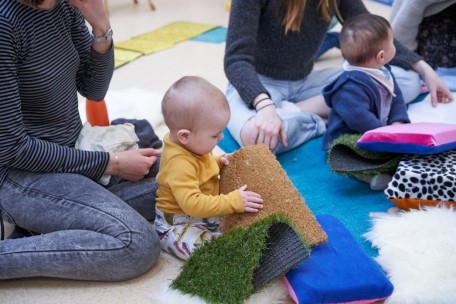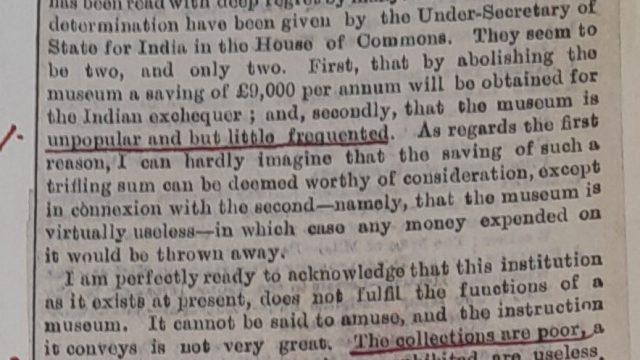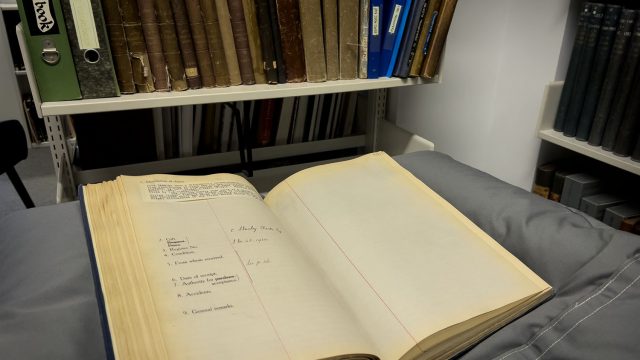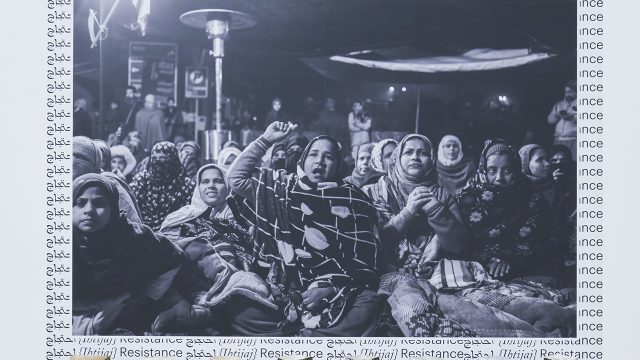Montessori Global Education and Young V&A have been in partnership for over a decade. The online event, Nurturing Creative Confidence in Early Years, co-convened by our two organisations was held in February 2023. Just at a few months before the opening of Young V&A, it marked the beginning of a new chapter in our relationship. This post was written with contributions from Preeti Patel, Director of Education at Montessori Global Education.
As described by the Montessori Global Education team, the event was ‘an opportunity to restate our shared child-centred values, building on Young V&A’s refreshed vision around Creative Confidence, and adding to Montessori Global Education’s ongoing commitment to build the creative confidence of all educators – including teachers, childminders, family members and carers.’

A COLLABORATIVE CONVERSATION
Our online event brought together a group of educators, creatives and academics to explore the role of creativity in early childhood and learning. We asked what roles organisations such as the V&A or the Montessori Global Education can play in establishing lifelong relationships with creativity.
Two presentations invited participants to reflect on the power of creativity.
Firstly, Preeti Patel, Montessori Global Education’s Director of Education shared how Maria Montessori viewed creativity. She described the need to recognise ‘the child as a creative power’ believing this recognition would be ‘a step forward for all human aspirations [preparing] a loftier level for social life’ (Maria Montessori, Citizen of The World). The Montessori approach nurtures creative confidence with an appealing learning space, and by giving children freedom of choice and movement. Through their independent experiences in the Montessori prepared environment, children develop independence, imagination, concentration, problem-solving skills and a sense of curiosity – all of which are vital components of creativity.
Following this, Play Build Play, a design company who specialises in co-designing with children and young people, presented the Play Hacks project they delivered with the Young V&A team. The Play Hacks project was a co-creation project with local families, which resulted in a display in Play Gallery at Young V&A. During the sessions, designers and participants explored educational theorists, including Maria Montessori, through creative materials and physical play together. One of the key findings from the project was about how every child and family was creative in their own unique way. It also affirmed our approach that practical and creative ‘making’ activities are effective learning tools for everyone in a family, including adults.
KEY REFLECTIONS
In a break-out discussion, we explored topics including ways to connect creative practitioners and young children, what support is needed for creative education in early years, and how we might influence for the wider recognition of the importance of creativity in early years.
The responses from the delegates were phenomenal and can not all be shared here, but there were some key themes that emerged:
1. Whole-family creative learning is key
It would benefit both children and adults to break down the barriers to creative education, or what might be commonly regarded as ‘creativity,’ One attendee reflected:
‘[A] whole-family approach has exciting possibilities in a museum context. (…) Process, not product-based activities, (…) [can be] extremely positive for parents, the children, and teachers alike. Building creative confidence for the whole family is where happiness lies.’
2. The importance of children as collaborators
Participants raised the importance of centring children’s voices in order to promote their creative confidence. Further exploration of the role of the child as a collaborator rather than a beneficiary is needed; as one participant described: ‘how can adults learn to listen and follow children?’
3. The Museum and Montessori Global Education can help amplify children’s voices
Participants urged us to provide ‘civic spaces’ – either in-person or online. Our organisations should centre children’s voices, support connections between practitioners and policy makers, and provide spaces to bring children and adults together for shared experiences.
WHAT’S NEXT?
Preeti Patel reflected on the event:
‘Children are more creative before they enter the educational journey, suggesting that by the time our youngest children start formal schooling they have already lost or are starting to lose their creativity. To ensure the children of today have the skills they need for the future, education has a vital role to play. It must start with the youngest members of our community.’
Our participants welcomed the opportunity this event provided to consider the value and importance of creativity in the early years. Our organisations are both committed to providing more such opportunities on a wider scale in the future, engaging families, educators, creatives and academics to continue this dialogue so that we can foster, support and develop creative confidence for all the children we engage with.
To stay informed about our work, join the Montessori Global Education Network here, and sign up for the Young V&A e-newsletter here.


